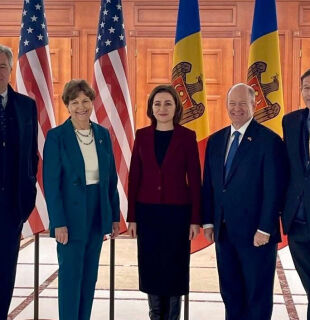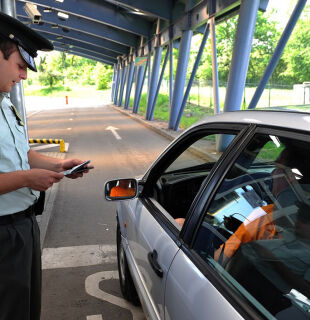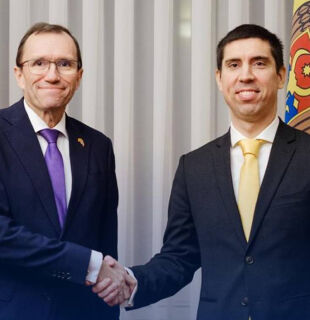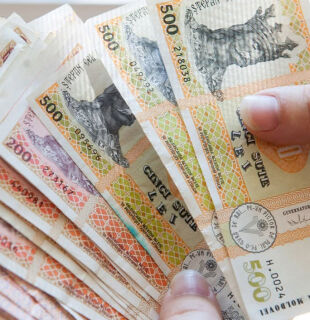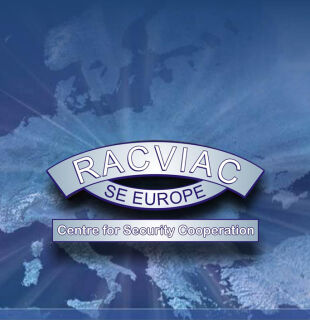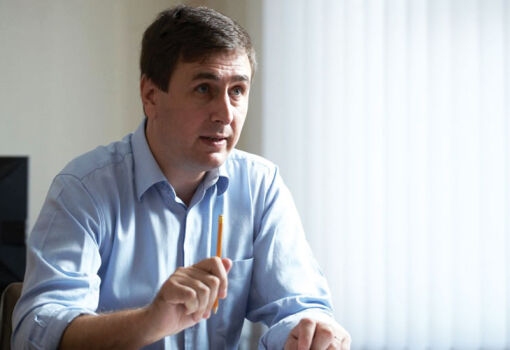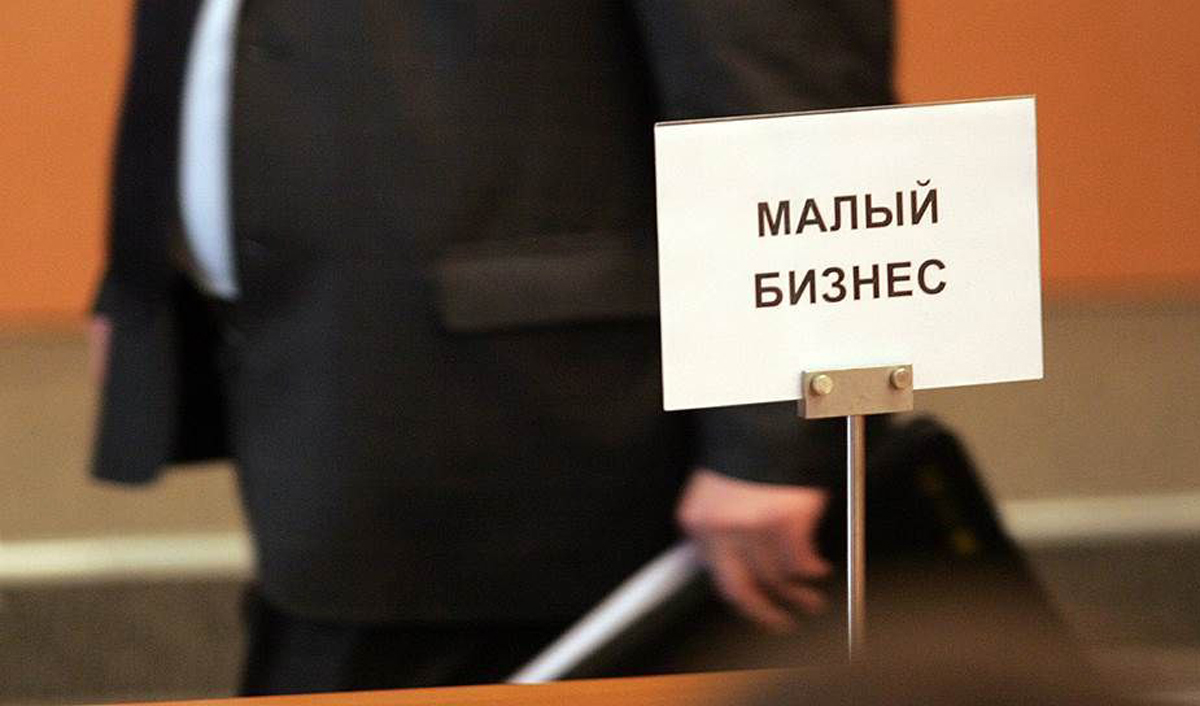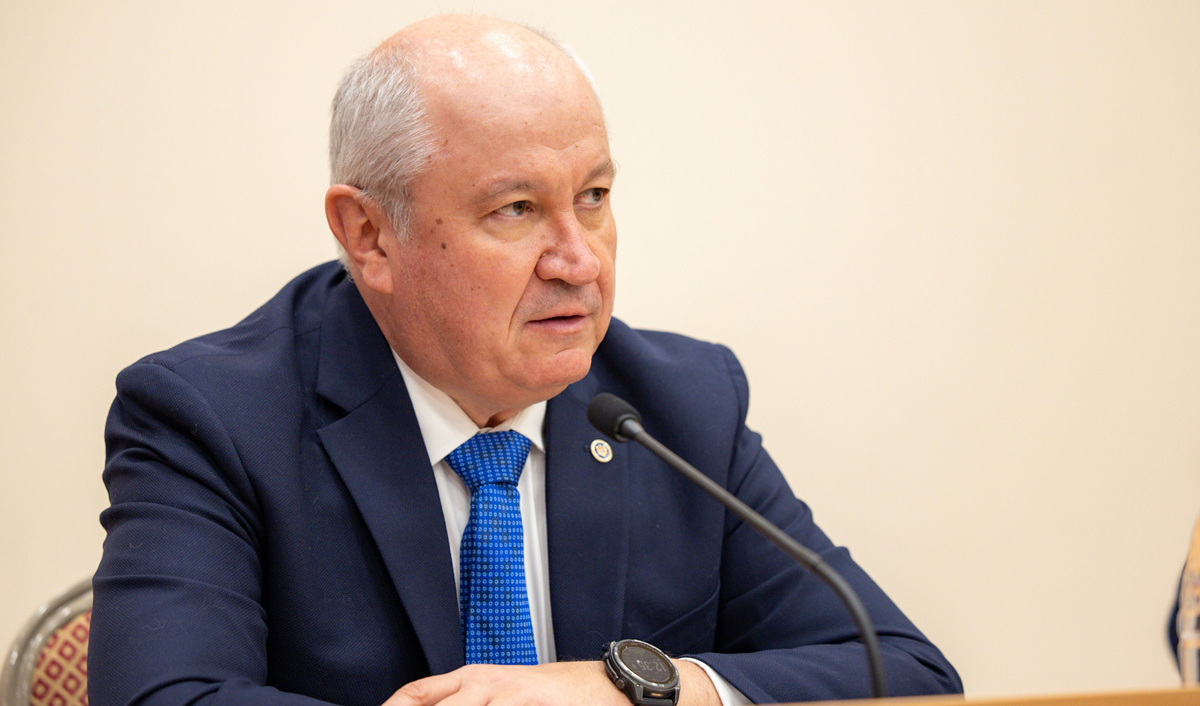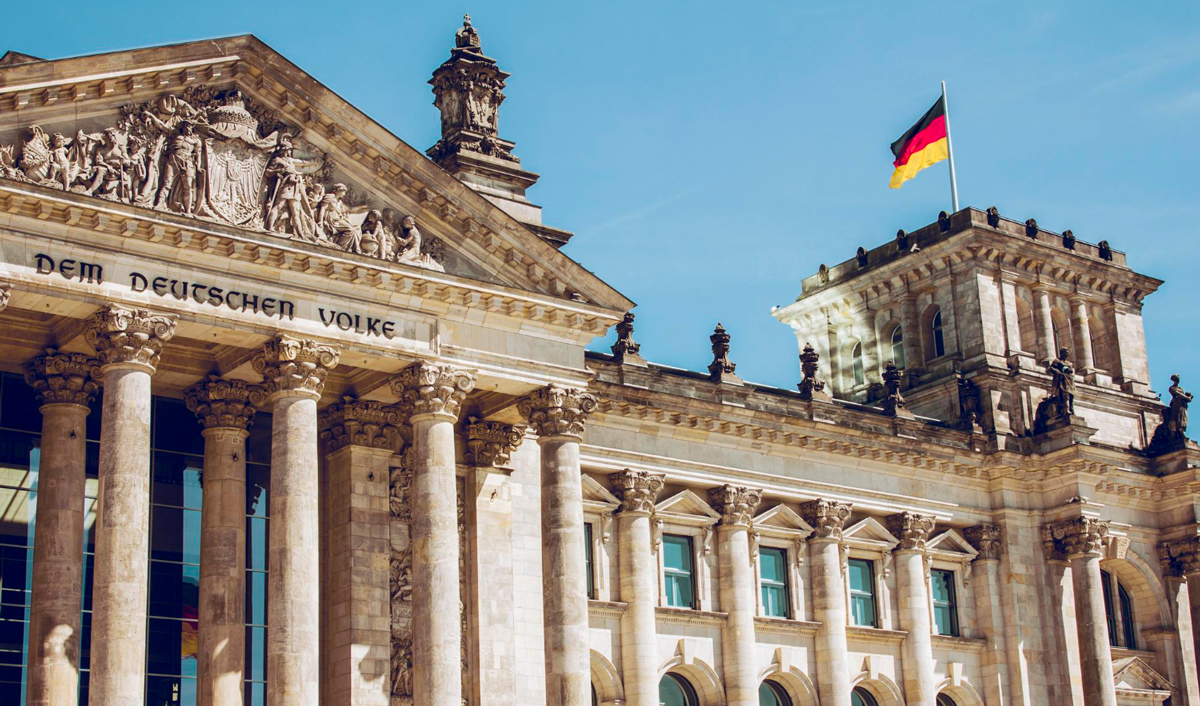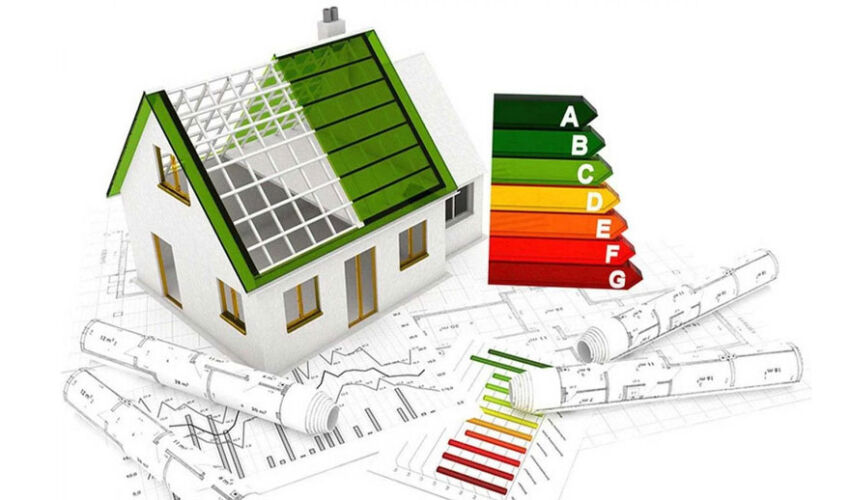
Financing through the Fund for Energy Efficiency in the Residential Sector of Moldova (FEERM) is for four years (2024 – 2027). The budget of 1.4 billion lei is managed by the National Center for Sustainable Energy (CNED) and consists of funds from development partners and international organizations, as well as budgetary money foreseen under the Energy Vulnerability Reduction Fund.
The program is part of the project “Energy Efficiency and Renewable Energy in the Republic of Moldova” (E4M), financed by the German Federal Ministry for Economic Cooperation and Development, the European Union and Norway. The project is implemented by the German Agency for International Cooperation (GIZ).
During the renovation of high-rise buildings, the Moldovan Energy Efficiency Fund for Housing will provide funds under the scheme of 70% grant and 30% loan. At the same time, grants will be additionally provided to the most energy vulnerable residents, depending on the degree of vulnerability. They will be able to cover up to 90% of the project costs.
Another part of the program assumes more active participation of citizens in financing. In particular, they will be able to receive grant support of up to 50% for energy efficiency projects if they provide the other half of the amount from their own funds. For this purpose, the Ministry of Energy is in dialog with banks to provide homeowners with green credit lines.
The update will affect private homes as well. In rural areas, a household energy saving financing program is available through FEERM for the most energy vulnerable families. It assumes that 95% of the costs are covered by the grant and 5% by the citizens’ own funds.
A total of 180 individual houses will receive assistance for energy modernization this year under the EU-funded pilot project. Among the measures included in the program are the installation of solid biofuel heating systems, thermal insulation of external walls, roof and basement of the house, as well as modernization or installation of a domestic water heating system.
Condominium owners associations can receive funding through this fund provided they are legally incorporated, have no debts to the state budget or service providers, and are not involved in litigation. Decisions on participation in the program, choice of renovation measures and own financial contribution are made at the general meeting of the organization.

